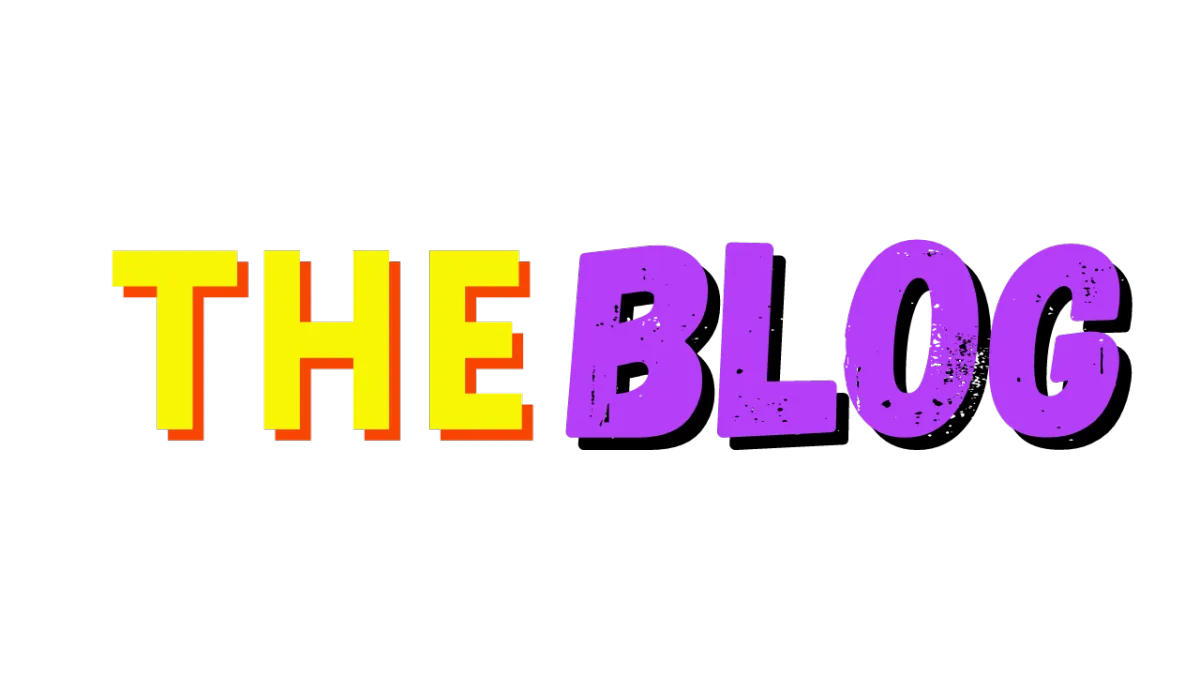

Healing Insights: Can Psychedelics Rewire a Depressed, Anxious Brain? - Copy
“ You have brains in your head. You have feet in your shoes. You can steer yourself any direction you choose .” - Dr. Seuss

Can Psychedelics Rewire a Depressed, Anxious Brain?
In the realm of mental health, the landscape is evolving, challenging conventional notions. The intriguing question arises: Can psychedelics forge a transformative path for those grappling with depression and anxiety? Contrary to previous beliefs that these conditions are solely dictated by brain chemistry, groundbreaking research into hallucinogenic drugs is steering us towards a new understanding. The World Health Organization (WHO) reports staggering statistics, estimating over 300 million individuals worldwide struggling with depression, alongside an equivalent number enduring the grip of anxiety. As these conditions often coexist, the true magnitude could surpass these estimates.
Beyond Chemical Equations: Psychedelics' Potential
The classical approach to treating depression and anxiety focused on restoring a balance among brain chemicals. Medications like SSRIs (Selective Serotonin Reuptake Inhibitors) were pivotal players in this narrative. Yet, emerging studies are unveiling a different narrative—one that centers around communication between brain neurons through neurotransmitters, ushering in the concept of the "network theory."

Dr. Ambrose's Perspective: A Shift in Understanding
Dr. Adrian Jacques Ambrose, an esteemed psychiatrist, emphasizes the paradigm shift in approaching depression. "The focus has shifted from a simple chemical imbalance to acknowledging the role of synaptic plasticity and neural interconnectivity," he shares. This revelation transforms how we perceive mental health conditions, paving the way for innovative solutions.
Exploring New Frontiers: Our Podcast Conversation
Embark on an insightful journey through the latest podcast episode, where we delve into the forefront of neuroscience with Dr. Ambrose. As the Medical Director at Columbia Psychiatry Practice Office, Dr. Ambrose specializes in groundbreaking interventional neurotherapeutic psychiatry. His expertise spans treatments like ketamine, electroconvulsive therapy, and transcranial magnetic stimulation, targeting resistant mood disorders.
Listen to the Podcast
Real Voices: Olivia's Story
We also open the doors to Olivia's candid narrative. Living with anxiety and depression, Olivia shares her firsthand experience, shedding light on the complex world of mental health challenges.
Unmasking the Symptoms: Olivia's Perspective
Olivia's account captures the nuances of these conditions. "When anxious, I feel the fluttering of butterflies, sweaty palms, a constant sense of unease," she reveals. In contrast, depression paints a different emotional canvas. "It's a profound low—a feeling of worthlessness, struggling to find motivation, like being weighed down," Olivia describes.
A Glimpse into the Brain's Transformation
Untreated anxiety and depression inflict alterations in brain function, triggering physical changes.

Prolonged anxiety enlarges the amygdala—the core of emotions—while also diminishing the hippocampus responsible for memory. These changes amplify psychological symptoms and even impede cognitive faculties.
A Network Unveiled: The Inner Mechanisms
Delve deeper into the intricate circuitry behind anxiety and depression. Dr. Ambrose illuminates how the brain's fear network operates—engaging the thalamus, amygdala, hippocampus, and striatum. Panic disorder intensifies this network, magnifying sensory inputs, and incessantly replaying negative emotions.
Modern Approaches: Unmasking the Complex Terrain
While standard treatments encompass SSRIs, SNRIs, and therapy, they offer varying degrees of efficacy. A significant portion experiences limited relief, sparking exploration of alternative pathways.
Psychedelics: A Promising Paradigm Shift
Enter the realm of psychedelics—LSD, psilocybin, and DMT—offering new horizons for mental health treatment. Unlike conventional medications, these substances harness neural circuitry, delivering rapid relief. Psilocybin, for instance, showcases symptom amelioration after minimal usage, offering fresh hope.
Ketamine's Distinctive Dance: An Intriguing Prospect
Ketamine emerges as a unique contender, distinct from classic psychedelics. Although sharing transformative effects, its mechanism differs, gently relaxing inhibitory brain architecture. Notably, ketamine's journey is often more approachable than traditional psychedelics, sparking curiosity about its potential.
The realm of mental health is in flux, with newfound avenues beyond chemical equations. Stay connected as we explore these uncharted territories, fostering a deeper understanding of depression, anxiety, and the promise of healing through innovative approaches.
Disclaimer: This blog serves informational purposes only and should not replace professional medical advice. Consult a qualified healthcare provider for personalized guidance.
Check out https://www.lvketamineclinic.com/ for more information
Featured in

CURRENT AND PRIOR AFFILIATIONS













